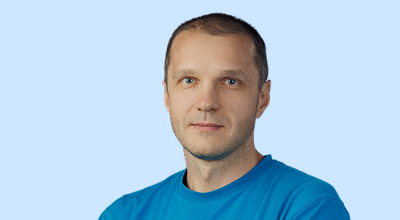
YDB Team
We develop a distributed DBMS with support for strong consistency, ACID transactions, automatic partitioning, and transactional, streaming, and analytical workloads.
What is YDB
YDB is a universal DBMS for high-load transactional applications and enterprise data warehouses, developed by Yandex.
How It All Began
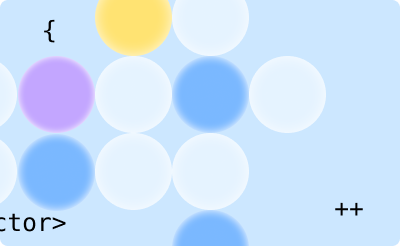
YDB Origins
We started work on YDB back in 2014. At that time, Yandex had several storage and data processing systems developed in-house, so they were merged into a single organizational unit.
Each had major drawbacks, like eventual consistency or a single point of failure. Building on past lessons, the team developed a next-generation architecture that became the backbone of YDB.
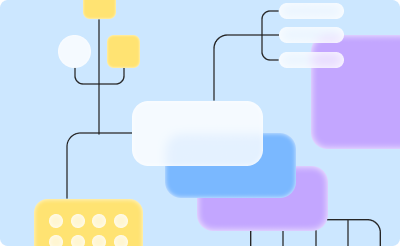
YDB within Yandex Cloud
YDB powers Yandex Cloud’s network block storage and a wide range of other services. Not long after the launch, it was made available as a managed service within Yandex Cloud.
External users started adopting the platform, forcing a shift in our development priorities: the team focused on making YDB more intuitive and user-friendly while preserving efficiency and scalability.

Going Open Source
We published YDB under an open-source license in 2022. Since then, we’ve been actively evolving it as a database accessible both within and outside Yandex.
YDB Teams
What We Do
We build tools for database management and distributed systems. Complex tasks are our specialty. We also foster professional development, and many of our team members have earned master’s degrees and PhDs from leading universities.

Who We’re Looking For
Developers
SRE
Technical Managers
Talking about YDB
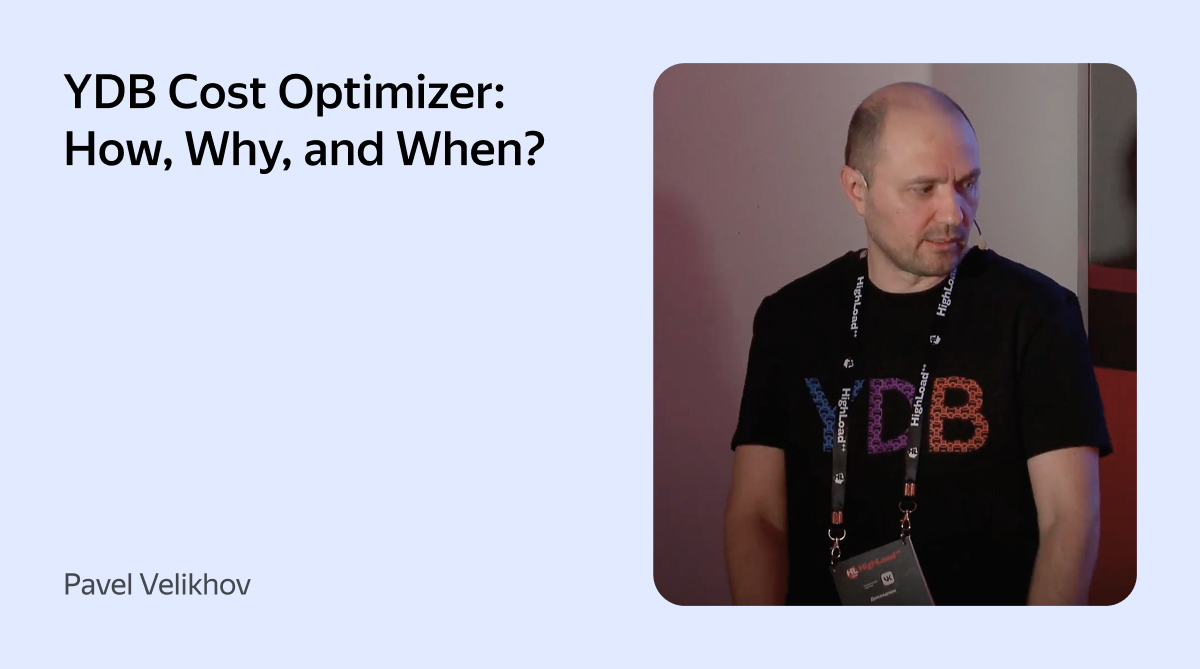
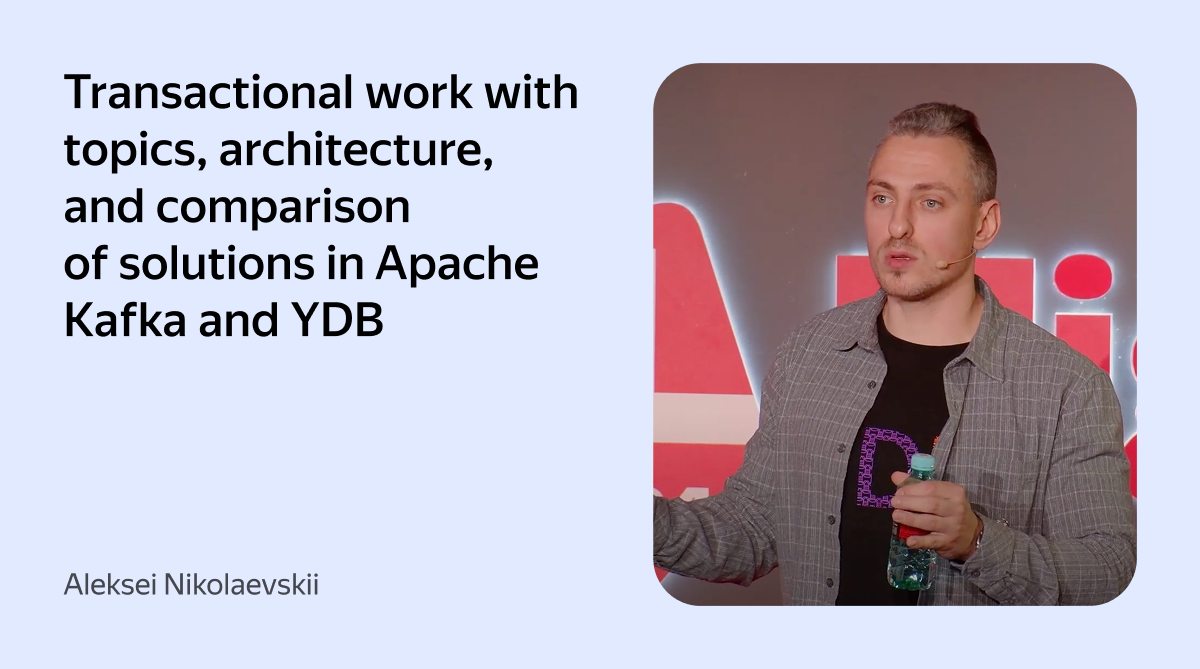
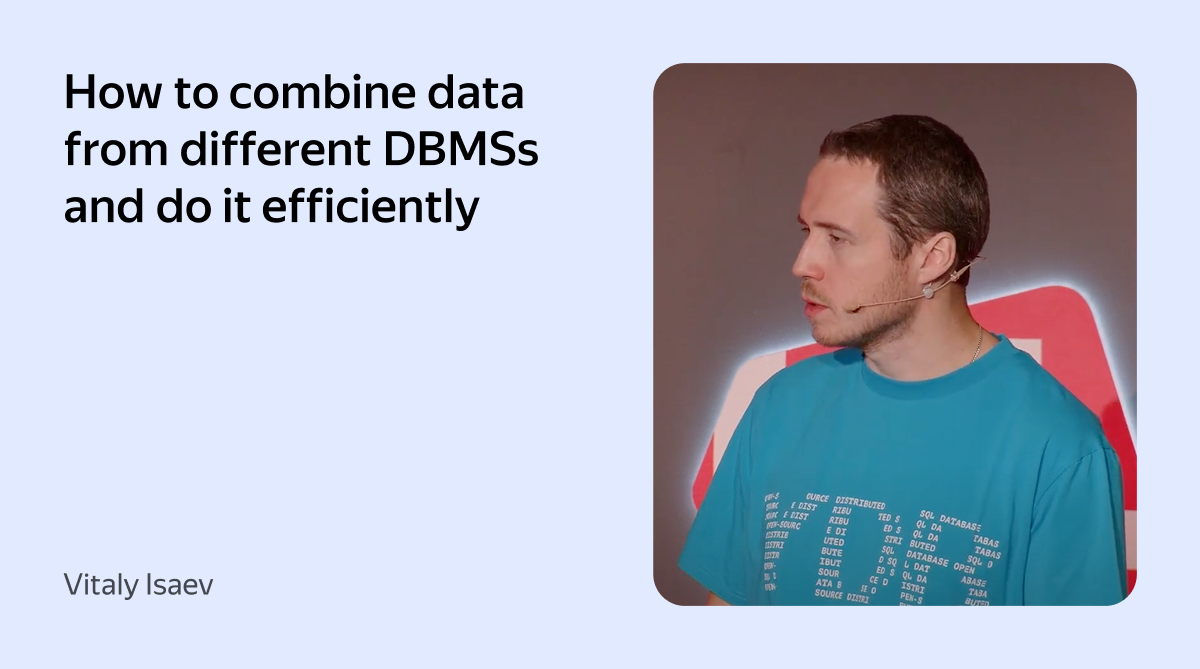
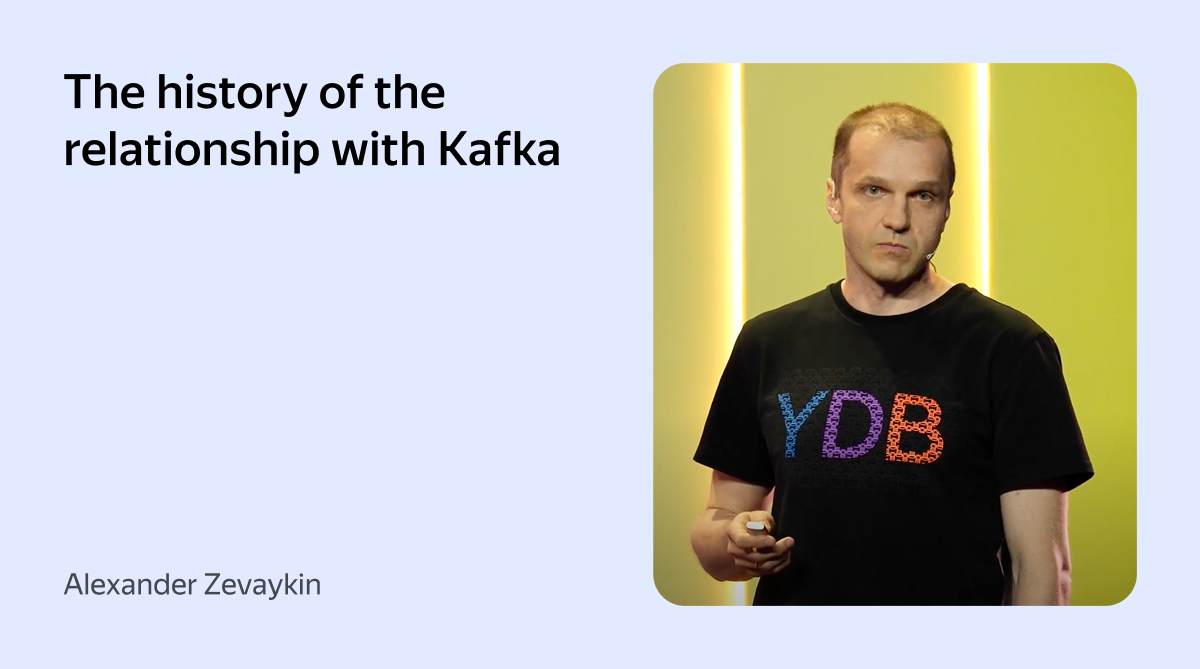
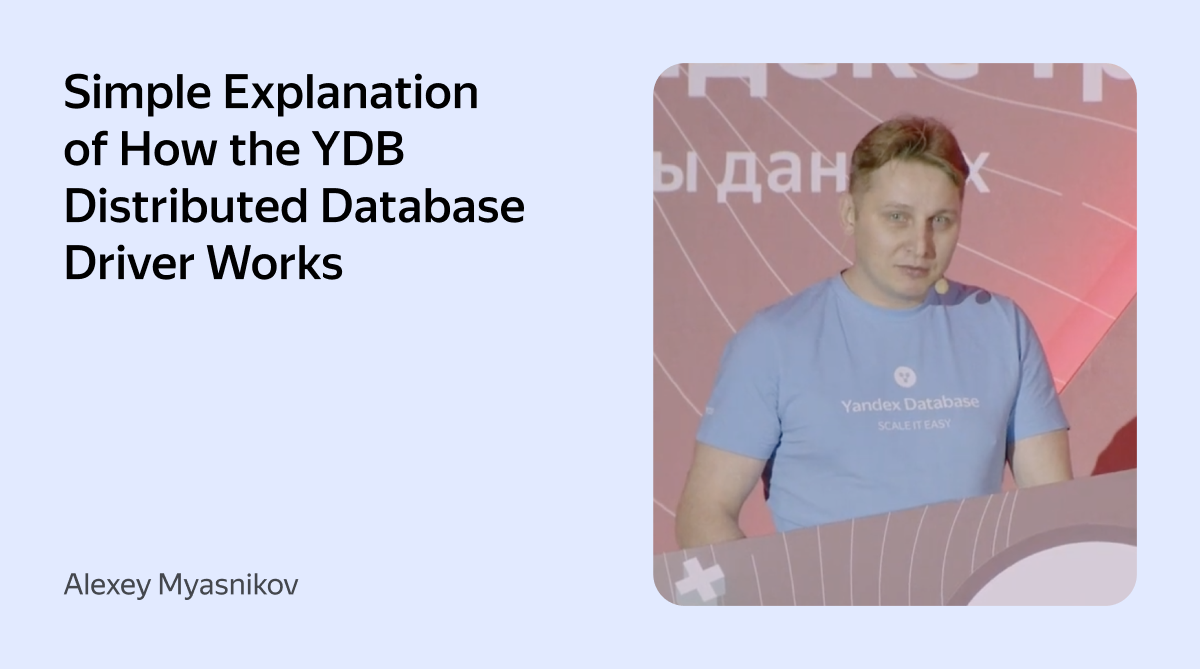
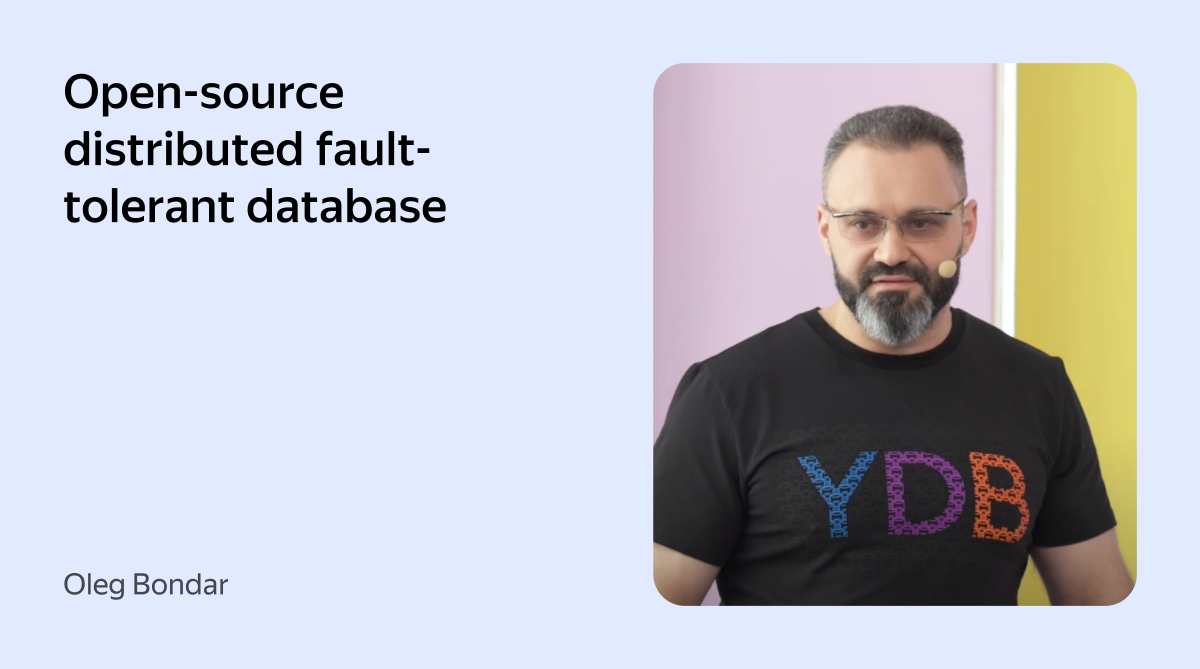
Contact us
Polina Abushek, YDB Recruiter
.png)




